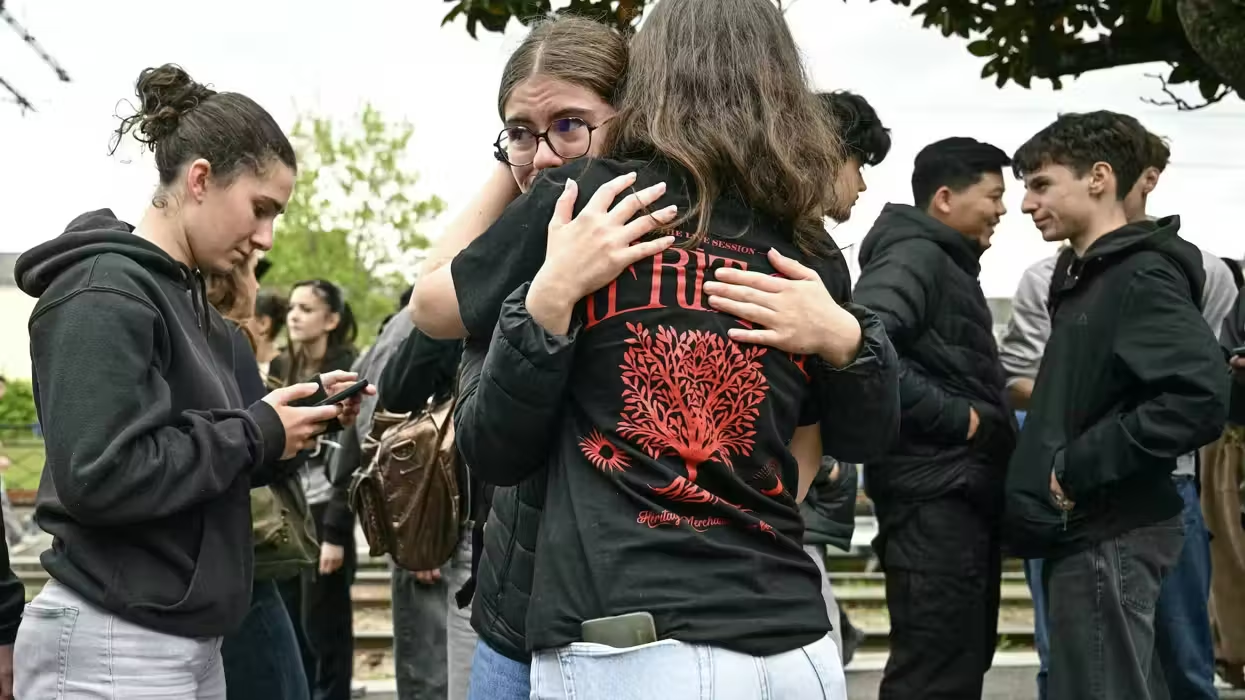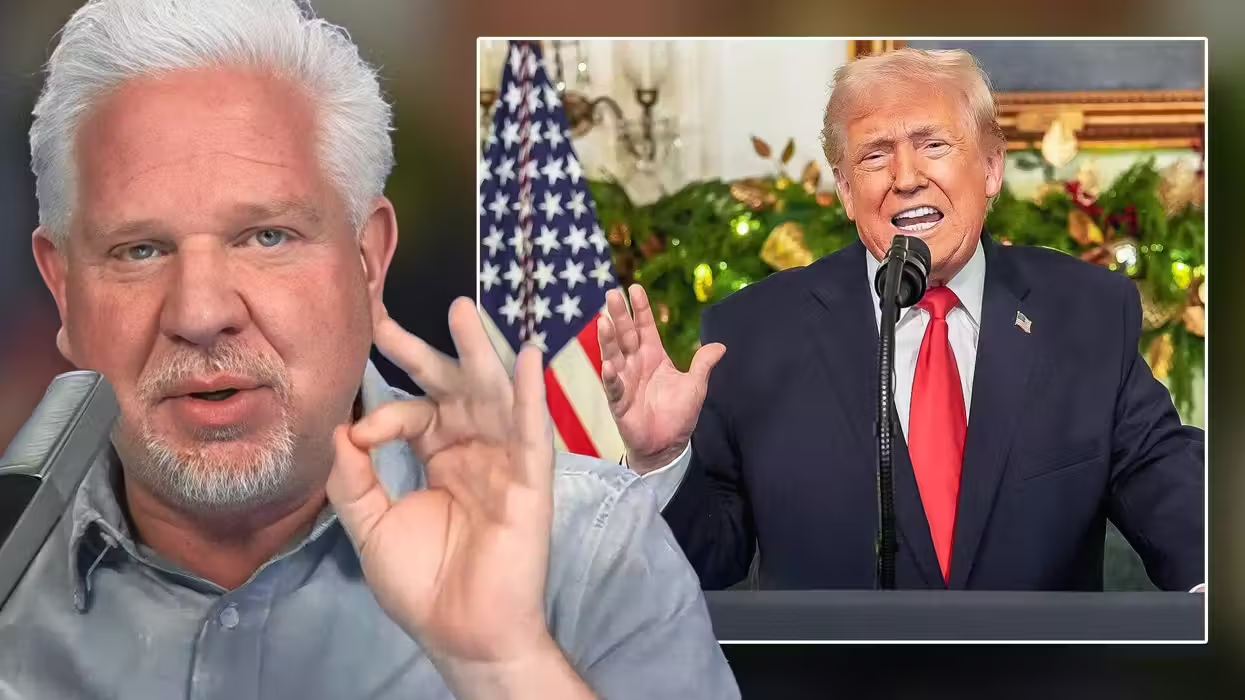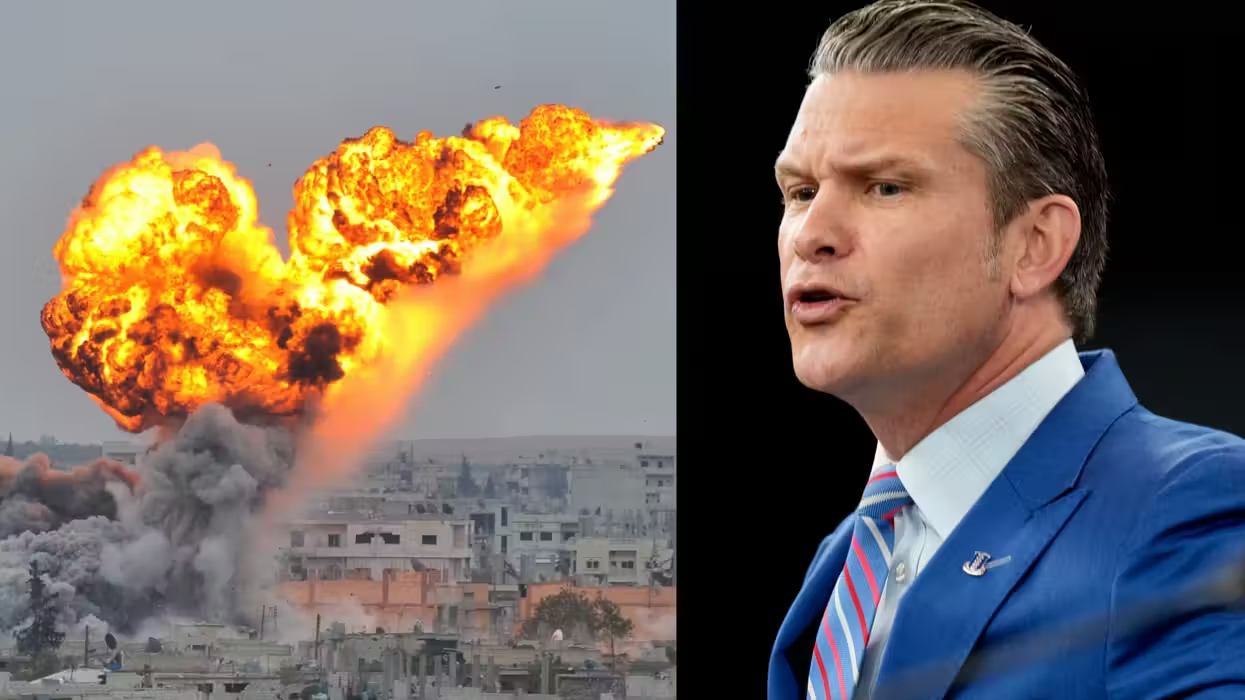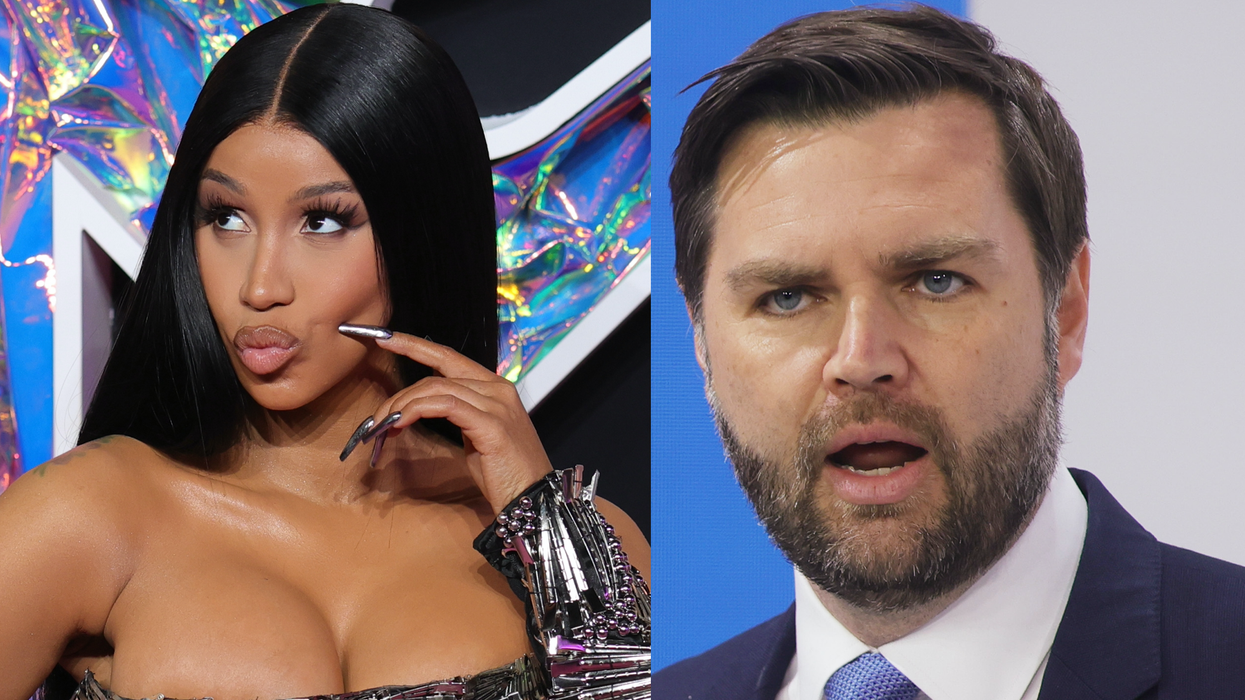Despite China’s refusal this week to accept international scrutiny of its pledged reductions in carbon emissions, President Barack Obama said Thursday that China will abide by “higher standards and in a verifiable way.”
Earlier this week, China rejected provisions in a draft multilateral agreement at a climate conference in Lima, Peru, to allow other countries and nongovernmental organizations to monitor the carbon reductions, the South China Morning Post first reported. About 190 countries are involved in reaching an agreement for a deal to be sealed in 2015 and begin in 2020.
 President Barack Obama walks past Chinese President Xi Jinping during a welcome ceremony for the Asia-Pacific Economic Cooperation summit at the International Convention Center in Yanqi Lake, Beijing, Nov. 11, 2014. (AP/Ng Han Guan)
President Barack Obama walks past Chinese President Xi Jinping during a welcome ceremony for the Asia-Pacific Economic Cooperation summit at the International Convention Center in Yanqi Lake, Beijing, Nov. 11, 2014. (AP/Ng Han Guan)
A senior White House official told TheBlaze that Lima conference is an entirely separate matter from the bilateral deal reached in November between the United States and China.
The agreement reached last month between Obama and Chinese President Xi Jinping largely uses language such as “intends,” and “makes best efforts,” rather than firm commitments. The U.S. is seeking to cut emissions by 26 to 28 percent by 2025, while China intends to peak in CO2 emissions in “around 2030,” under the deal.
Under the bilateral agreement, the official said, the U.S. and China will demonstrate their gradual progress regarding their target in emissions reductions. That could, for example, include China showing it is increasing the use of renewable energy by 800 to 1,000 gigawatts per week en route to achieving the 2030 goal.
“We remain confident at the leader level that we will deliver on targets for both countries,” the official said.
By contrast, the White House official said, the Lima Climate Conference, sponsored by the United Nations Framework Convention on Climate Change, is about multilateral verification, as countries make biennial reports and then subject themselves to questions and scrutiny from other governments. India is also reportedly resistant to review from other countries.
While meeting with the White House Export Council Thursday, Obama talked about how China will now be accountable for better environmental standards under the recent agreement between the two countries.
“It’s good to know that one of the arguments that’s always been made about us dealing with climate change or environmental issues generally here in the United States is, well, it puts us at a disadvantage with China,” Obama said. “We’re trying to take away that excuse by making sure that China is also abiding by higher standards and in a verifiable way. So we’re going to be focused on that.”
Asserting the bilateral agreement is entirely separate from the Lima conference makes little sense, “unless their spin is the Chinese will allow inspection of the Beijing deal but not a multilateral deal,” said Chris Horner, a senior fellow at the Competitive Enterprise Institute.
“We’ve known all along this was trust but don’t verify,” Horner told TheBlaze. “Politically, this was meant to get ahead of multilateral talks to take away the argument that China is not doing anything. All this [China’s action this week] does is expose the Beijing’s bilateral.”
Others think China’s move puts any deal in peril.
“The spirit of constructive cooperation of the U.S.-China agreement seems to have come to a full stop,” Liz Gallagher, senior adviser to the policy analyst group E3G, told the South China Morning Post.
Todd D. Stern, the State Department’s special envoy for climate change, told reporters this week that all countries should be subject to scrutiny because “the sunshine is intended to prod countries to be as ambitious as possible.”

 President Barack Obama walks past Chinese President Xi Jinping during a welcome ceremony for the Asia-Pacific Economic Cooperation summit at the International Convention Center in Yanqi Lake, Beijing, Nov. 11, 2014. (AP/Ng Han Guan)
President Barack Obama walks past Chinese President Xi Jinping during a welcome ceremony for the Asia-Pacific Economic Cooperation summit at the International Convention Center in Yanqi Lake, Beijing, Nov. 11, 2014. (AP/Ng Han Guan)






